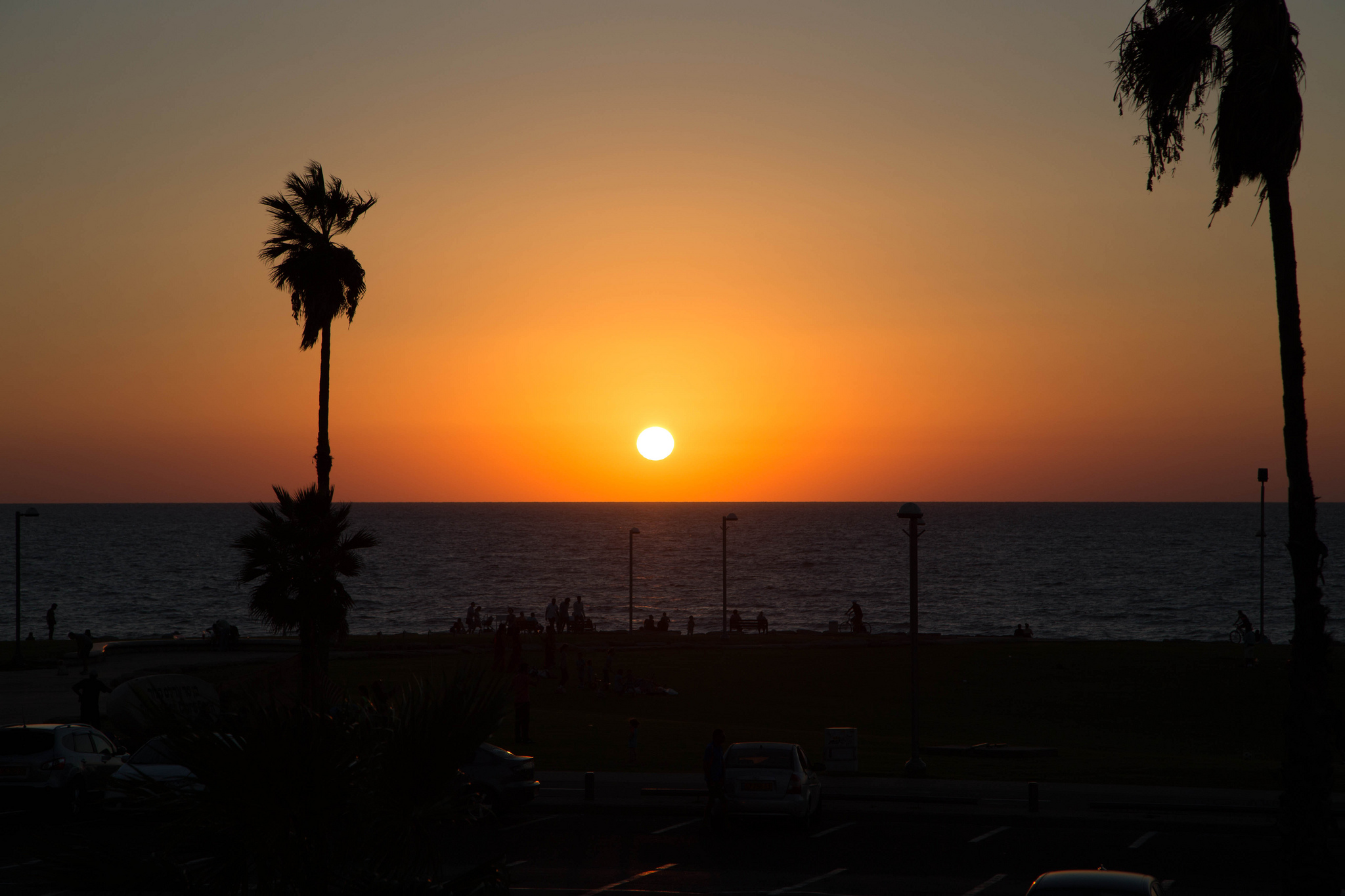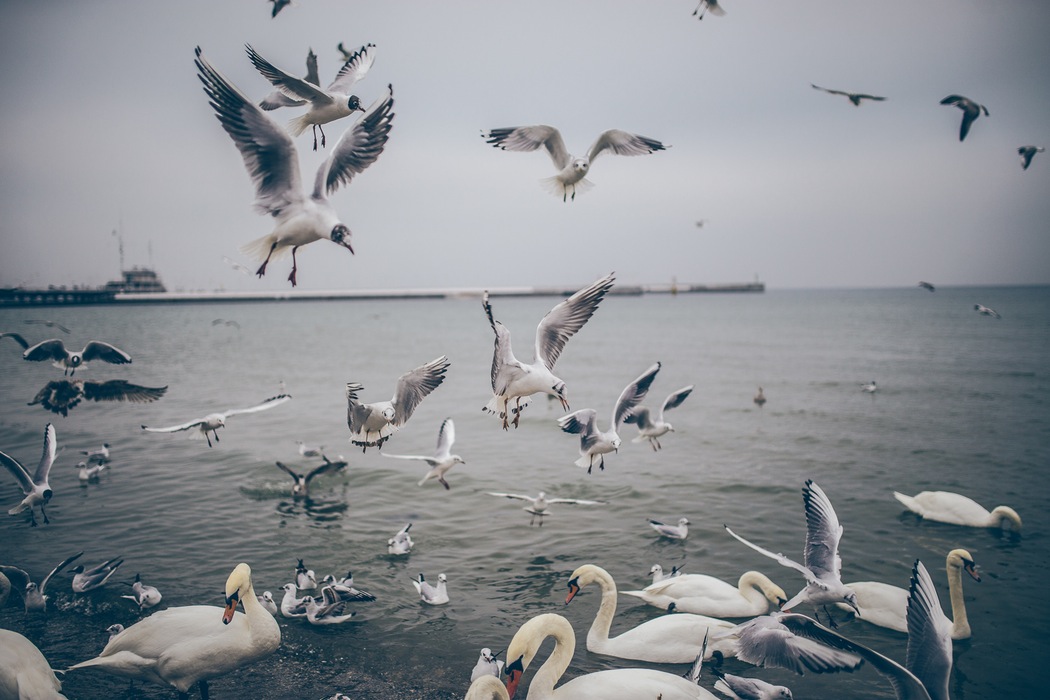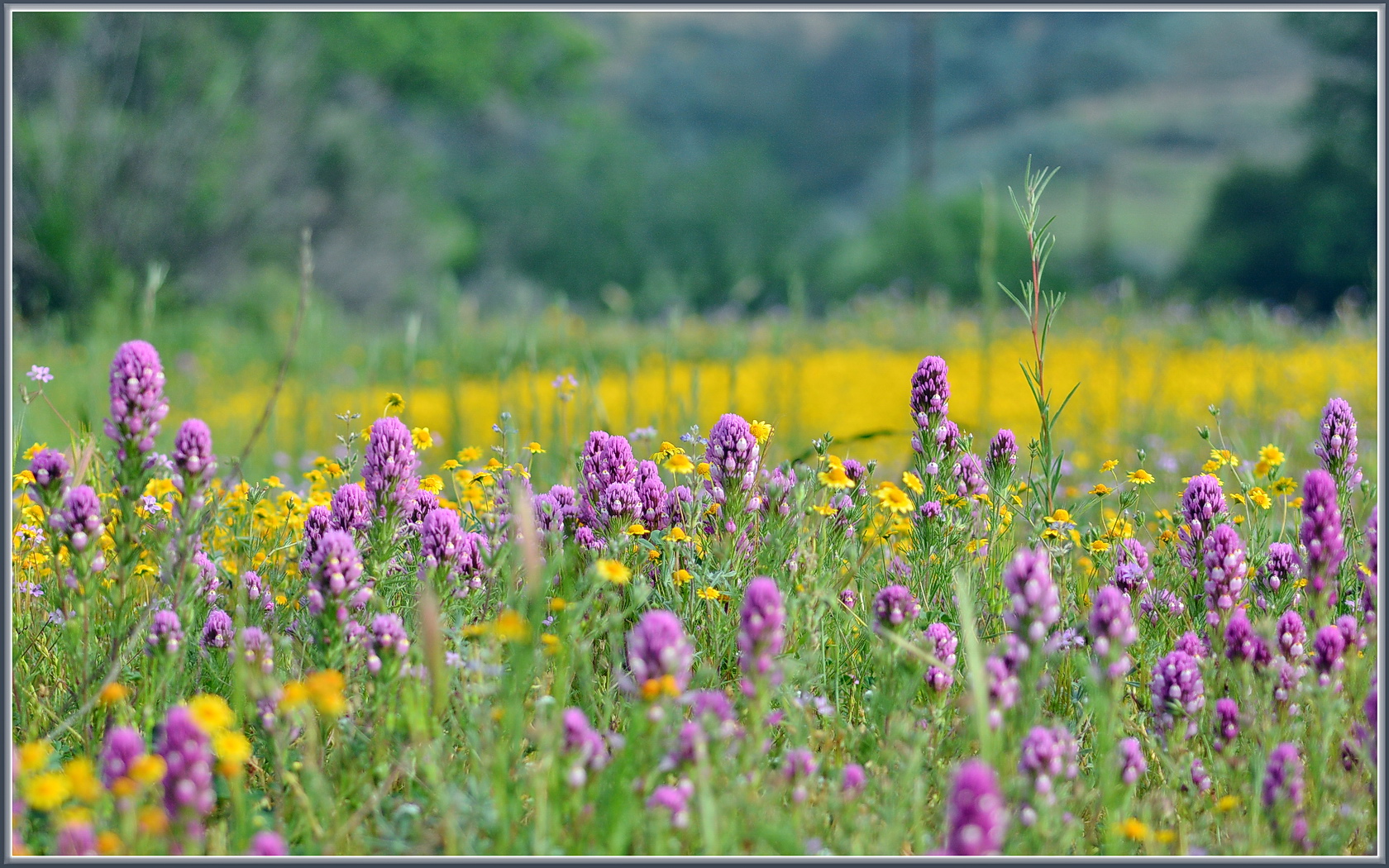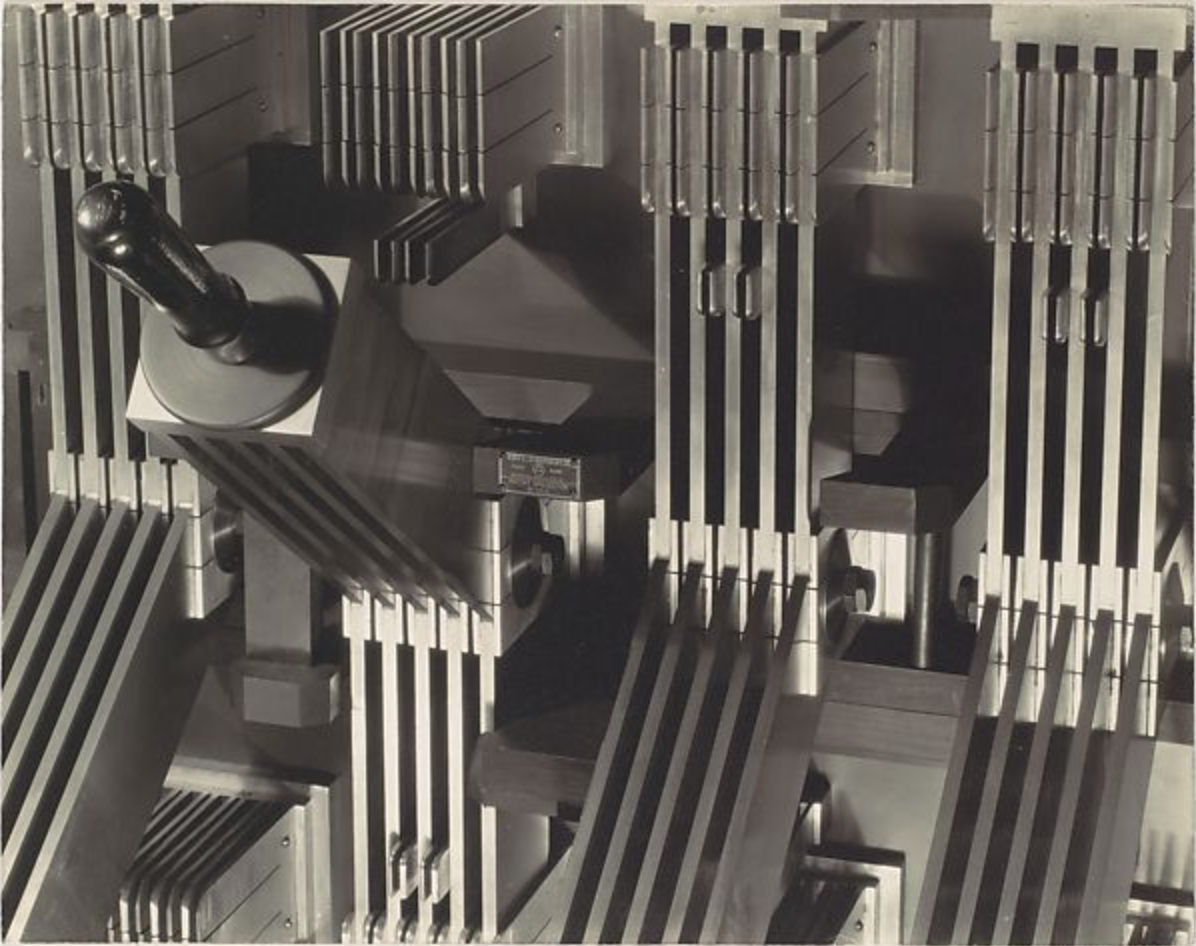Four poems from the Israeli poet Ortsion Bartana, translated from the original Hebrew by Hana Inbar and Robert Manaster.
Great Caesars Return Home at Sunset
Great Caesars return home at sunset in Tel Aviv.
All day long they check up on their subjects in secret.
One can see them in the streets sizing up their kingdom,
Wearing khaki-trouser ruffles, and a ripped-shirt gem.
Humming and thumping.
The kingdom’s large. One must check up on all places of love.
Throngs of subjects are passing before them,
And not to be noticed the Caesars cross the street like a desert to pierce through.
It’s hot, and perspiration drains their agitation.
Yet they raise their eyes covertly, perhaps what’s coming through
Is the big salvation.
The raised eyes meet neighbors hanging laundry on the roof.
And so their crowns too, modest crowns, of the good material of hope,
The Caesars end up handing over to familiar clouds.
Indeed, high up the clouds of Tel Aviv are moving in silent glory.
And everyone passing by sees the sea rising and rising and filling them to burst,
Making kingdom into kingdom and universe into universe.
And the sun stands still, and the air delivers real diamonds
To the Caesars of Tel Aviv.
And every one of them is finally calm,
Going home at sunset,
Knowing that’s the kingdom.
A Measure
This one has a measure. Of its own,
Tiny and cautious, very much so, knowing how to cross, a street measure,
A measure of several streets, a measure of a city, a world, of worlds,
A measure of wonders, a measure of wants
For children, with guarantees
That cannot please. And within them you breathe,
A man very lonely,
A man within a crowd of streets,
Crossing your own self with caution, like a needle, like a thread,
Like a thread in a needle, in fabric,
Passing through a path no one can traverse, no one can reverse,
And no one can pace there and back to the hem.
Still they tell you donate to charities of sorts,
Give of your soul, and spit, and sadness, wants.
No, no, stop you wish,
Stray like a line off a ruler, drip like a drop off a paint brush,
So they won’t say of you later in eulogies: This one had a measure
Of its own?
No, not you. For you they open playgrounds, baseball fields, swings,
Kindergartens, but you’re big, in principle
You’ll live without a care, like a worn-out pencil
Already finished, already crossed-out, therefore safely dwelling in the
drawer,
Within a great loneliness, within the narrow confines of rest.
And then you rid yourself of all associations,
You’re no longer a member, and it no longer has a measure,
You’re no longer squeezed, like a rag over a bucket, nor
With guarantees, solicitations,
Now’s the time of acceptance, now everything’s a secret of secrets, and hush,
And where all’s no longer there, you’re a hidden smile’s flash,
Like a spark of light, like a stub…
… and something seems strange: black.
Indeed black.
But a star has gone out.
A Daily Encounter
She thinks on tiptoes, so as not to leave a sign.
Behind the door she lets a few meager drops of water down the sink.
Making peace with the lamp above
She lets in the light
As if we hadn’t been here a whole day’s night.
Afterwards we renounce the bed, smooth out folds of a voyage.
I take back my mouth
From what had been one flesh,
Letting into the body some voice.
The air I took from this room in a gush I’m giving back without a rush.
Onto the city below angels come down by ladder,
We – by elevator.
Outside, the land of promise is barren.
An afternoon performs a cautious turn.
A portion of me returns to the car,
Rolls down a window,
Scatters the foreign scent
Alongside numerous streets.
The Sea As in Love
The sea as in love —
Despite the fragrance wafting in
You know it only when you’re completely wet.
The sea as in love —
Spills out between the fingers, leaves the hand making a fist
Empty and wet.
The sea as in love —
Who touches whom? Who comes into whom? Who floats
And who carries on the back?
And who drowns whom?
The sea as in love —
So much water
Though I’ll die from thirst before I’m quenched.
The sea as in love —
The wind and cloud and birds
In a whirlpool of fudgsicles and popsicles.
The sea as in love —
Thrusting a corpse of a stick into a corpse of a jellyfish.
A tumultuous business, undressing appeasing dressing
And again
Photo by Chris Hoare via Creative Commons.




